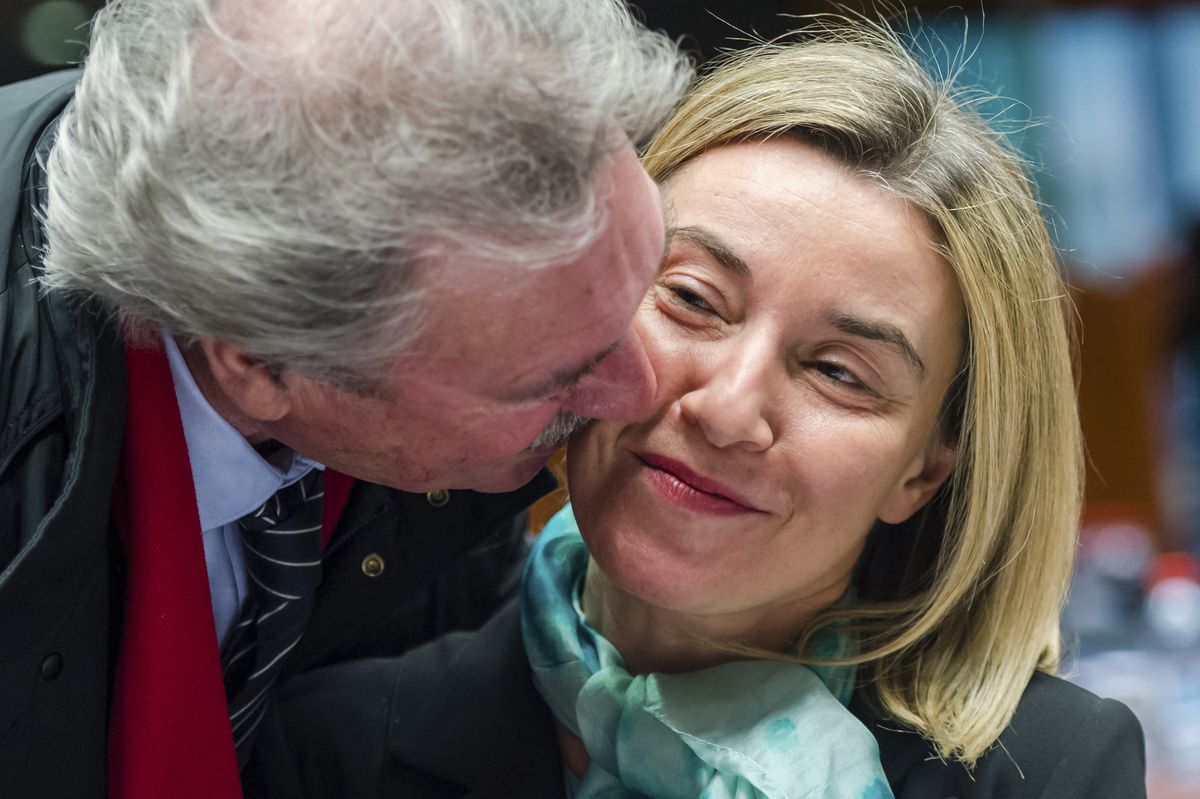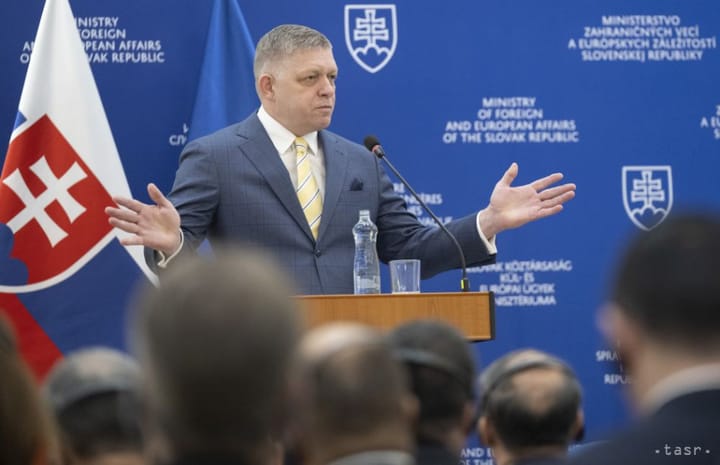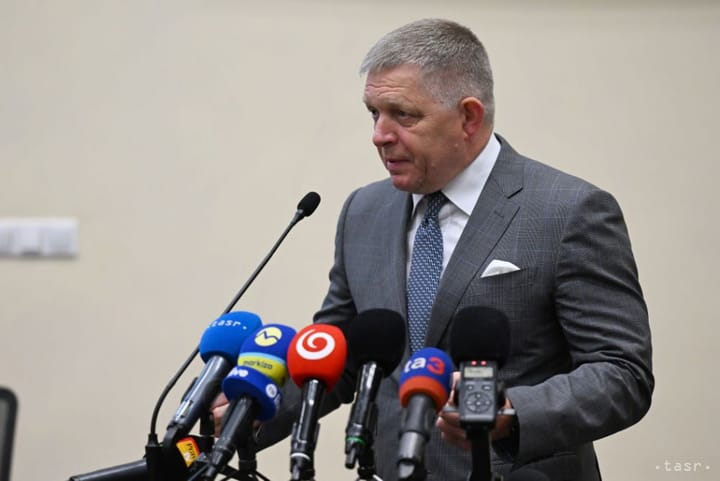Hrabko: Asselborn's Call before EU Summit Won't Silence Hungary

Bratislava, September 14 (TASR) – Luxembourg Foreign Affairs Minister Jean Asselborn’s call on ousting Hungary from the EU over its stance towards migrants made shortly before the informal Bratislava EU summit was unexpected and inappropriate, analyst Juraj Hrabko told TABLET.TV on Wednesday.
If this was meant to silence Hungary at the summit, it may rather cause the opposite effect, said Hrabko.
“Those who build fences against refugees like Hungary does, or who violate press freedom and judicial independence, should be excluded temporarily or forever from the EU,” said Asselborn in an interview for German daily Die Welt.
Hungarian Foreign Minister Peter Szijjarto then had the following to say: “In a referendum on October 2, Hungarians will express their opinion on illegal migration, the Brussels package of refugee quotas and the likes of Jean Asselborn.”
“It’s strange that Asselborn and [European Commission President] Jean-Claude Juncker, both coming from a country of the so-called tax optimisation, are talking about carrying a ‘common burden’. In our view, however, this means that Hungary should be obliged to carry the burden of others,” said Szijjarto.
Nevertheless, Hrabko doesn’t expect any wrangling over the migrant quotas at the summit itself. “I dare say that this won’t be one of the sore spots and won’t be resolved at all,” he said, adding that most likely this issue won’t even be discussed in order to avoid any confrontation.
Meanwhile, even though there’s been intense diplomatic activity preceding the summit, its significance is rather more political than practical, says Hrabko. “German Chancellor Angela Merkel has stated some time ago that there won’t be any conclusions adopted at the summit. After all, this isn’t its purpose; it’s an informal summit, so there can only be informal conclusions,” said Hrabko.
When asked why Britain isn’t taking part in the summit, Hrabko said that the remaining 27 EU countries adopted a declaration on holding the event shortly after the Brexit referendum in late June, when everyone was expecting that the process of Britain’s exit from the EU would be rather swift.
EU leaders at the informal summit will certainly debate the Union’s future. ‘The EU is searching for its defining features. If it isn’t able to find any, then politicians from national states are to be blamed for their inability to reach some sort of agreement. There are still disputes on what [the EU] should look like. We still don’t know the basic outline of a possible consensus and how it could be reached – whether it should be a United States of Europe or a union of nations,” added Hrabko.



